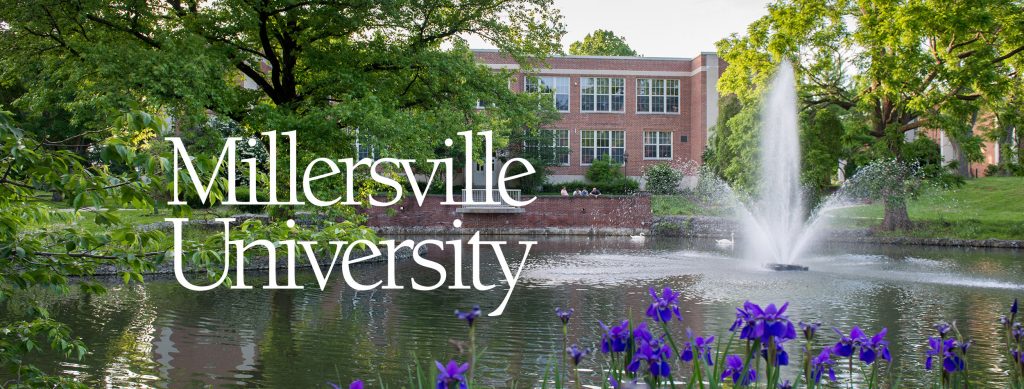Millersville University’s Positive Energy Fund
Description
Institution
Organizations/areas of the university involved
Office of Sustainability, Finance and Administration, Academic Affairs, Facilities Department, Student Affairs and Enrollment Management
Country
United States
Millersville University leveraged the success of a newly constructed zero energy building to establish a program that funds local, student-led community projects centered on advancing the Global Goals for Sustainable Development. The program, entitled the Positive Energy Fund, provides micro-grants to students to complete projects on campus or in the local community (City of Lancaster) to advance the Global Goals. Funding for the program came from utility rebates associated with the University’s new zero energy Lombardo Welcome Center as well as other campus energy efficiency and demand response projects. The zero energy building produced nearly twice as much energy as it used during its first year, making it a positive energy building. The Positive Energy Fund uses the dollars saved through the building’s performance to empower students to have a positive impact on the community.
The program concept came from an interest in raising awareness of the Global Goals among faculty, staff and students by implementing projects that beneficially impact the local community. Millersville chose the Global Goals as an organizing framework because of their comprehensiveness, both across and within goals, and the emphasis on goal interconnectivity and the ability to work locally on global challenges. Reports by the Sustainable Development Solutions Network, such as Leaving No U.S. City Behind. The U.S. Cities Sustainable Development Goals Index, helped Millersville develop the program by identifying evaluation metrics and opportunities to improve local performance. Millersville University structured the program based on recommendations in the SDSN report, Supporting Youth-led Innovation to Achieve the SDGs, such as encouraging mentorship, networks and visibility.
Additionally, Millersville University created an interface on the touchscreen dashboards located in the zero energy Lombardo Welcome Center that organizes our majors according to the Global Goals. Prospective students are asked the question, “What Global Problem Will You Solve?”. As they explore the question via the dashboard, they are presented with images of the Global Goal icons and presented with majors that lead to careers where they’ll address the problem.
Results and impact measured or expected
Millersville University awarded $10,000 to an initial set of projects in the spring of 2019 for work to 1) conduct an Education and Poverty conference, 2) install native gardens with supporting STEM education plan at urban elementary schools, 3) prepare micro-media content on local sustainability projects and 4) integrate art into local green infrastructure. Each project featured collaborations with various local, regional and national partners. Over 1,000 individuals were reached with information on the Global Goals through the initial projects. An additional $10,000 was awarded in the spring of 2020 for projects focused on accessibility through assistive technology, inclusion in local schools and species resiliency.
Connection with the SDG framework
The Positive Energy Fund requires that applicants specifically address how their work will contribute to advancing the Global Goals locally. Evaluation criteria are based off of recommendations from the SDSN report, Supporting Youth-led Innovation to Achieve the SDGs, and include criteria such as scalability, goal interconnectedness, measurability, and promotion.
Barriers and follow up
Moving forward, the University is engaged in conversations with community partners to develop a list of potential projects that could be funded through the Positive Energy Fund. The intent is to create a pipeline of issues organized by the Global Goals for which students can develop and implement solutions to make their work increasingly meaningful and relevant.


